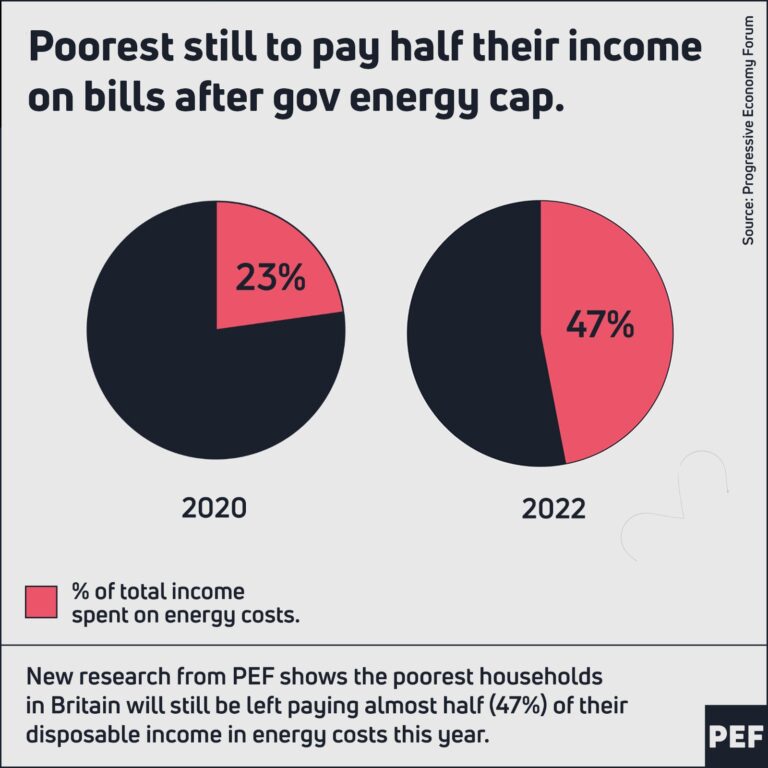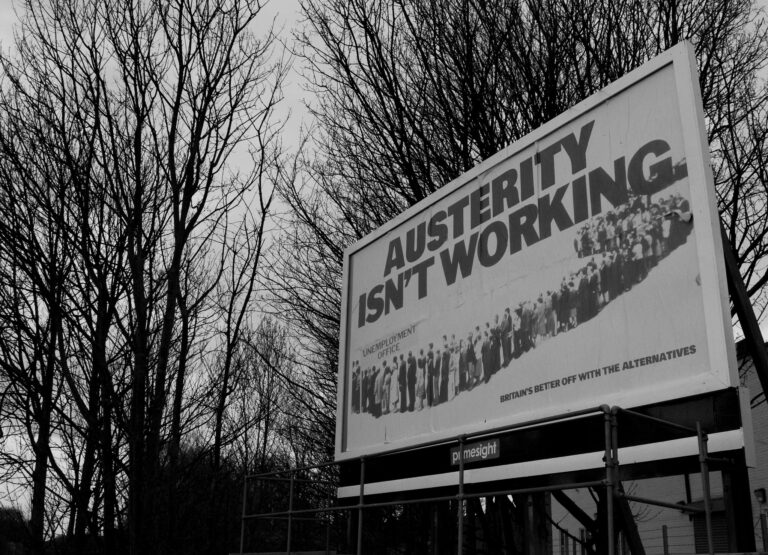Does it matter if Mark Carney stays or goes? Ann Pettifor writes on central banker groupthink around financial globalisation.
The BBC’s Today programme invited me to comment this morning on whether the proposed extension of the governor of the Bank of England’s contract of employment was “exceptionalism”. This view prevails because Mark Carney first declined to hold the post for the traditional eight years and instead opted for five, and has since changed his mind about when to resign.
Mark Carney was appointed by George Osborne in late 2012 in the hope that new blood at the Bank would give both the institution and the economy a boost. His salary was set at a considerably higher rate (at £480,000) than that of predecessor (£305,000) in the hope that he would deliver.
Instead he has presided over a period of prolonged stagnation.
In his defence, the persistent weakness of the UK economy cannot be attributed to him, or to any single man or woman. The setting of post-crisis policy by the Treasury and the Chancellor; the stubborn insistence on contracting the economy by grinding it down with austerity – these policies were endorsed by Carney, but were not of his design. He never raised any substantial objection to the dysfunctional nature of ‘monetary radicalism and fiscal consolidation’. Instead, he once remarked correctly that the Bank was “the only game in town.”
Five years after his appointment, and ten years after Lehman’s bankruptcy, the economy continues to vegetate.
In a recent Mansion House speech – ‘New Economy, New Finance, New Bank’ – Carney reminded his audience of Montagu Norman’s first Mansion House speech (1920) after the the World War.
Norman emphasised the unity that the City needed in order to return to normal. Norman’s particular unity was around “the policy” proposed by the Bank of England. He believed “the policy was the one and only policy which ultimately would place the City and the country again on that eminence which it occupied before the war.”
Such was his confidence that Norman mentioned only once, in passing, that “the policy” in question was to “attempt to regain the gold standard”, and he spent no time at all explaining what, apart from normalcy, would be achieved by it.
Carney does not seem to be aware, but central bankers’ groupthink today unites once again around the “normalcy” of a single policy: financial globalisation, or unfettered financial capitalism. In other words, the deregulation and globalisation of markets in money, goods, services, property and labour is once again the dominant “policy”. And no central bank governor or Treasury politician or official deviates from it. The remedy for economic failures caused by “the policy” of financial globalisation is not very different from bloodletting, caused by the automatic deflationary policy machinery so revered by Montagu Norman and fellow architects of the Great Depression. Think Greece, Argentina and Turkey… and now South Africa, Indonesia and Malaysia.
The sad thing is this: there is no eligible candidate that would deviate from “the policy” that has prevailed under central bankers since the crisis, including Carney, Jerome Powell at the Fed or Mario Draghi at the ECB.
As Philip Stephens remarked in the FT (30 Aug 2018) today’s “policy” – “laissez faire economics and the open frontiers of globalisation” – has led, unsurprisingly, to “populist uprisings against elites”.
“Most striking is how little has changed in the operation of international financial markets. A handful of bankers were sacked and some institutions faced hefty penalties and fines. But the burden has fallen on the state or on shareholders. The architects of unfettered financial capitalism are still counting the noughts on their bonuses.”
Central bankers across the world are of one mind: globalisation is today’s gold standard. No orthodox economist dares to deviate from it. Groupthink prevails.
In many ways, it matters not a jot whether Carney stays or goes. The next person to fill the post will pursue the same flawed “policy” that damaged Britain after World War 1, and that has inflicted immeasurable harm on both the domestic and global economy both before, and since the catastrophic 2007-9 crisis.
Photo credit from previous page: Flickr / Bank of England








